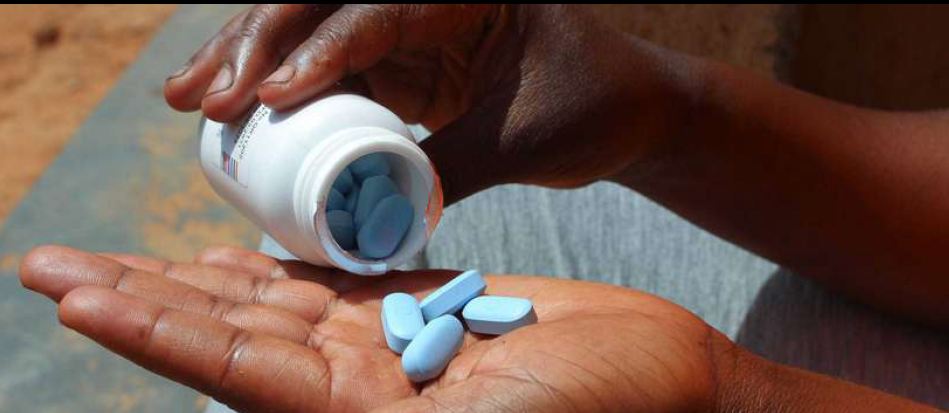
Real Stories from Uganda’s Sex Work Community on the Threatened HIV Services and the Consequences of Frozen U.S. Funding
Across Uganda, sex workers are sounding the alarm as critical HIV services face collapse due to the suspension of U.S. funding. These aren’t just program cuts—they are life-threatening disruptions, stripping away the lifelines that thousands depend on for survival.
Through the work of Lady Mermaid Empowerment Centre (LMEC)—a dedicated member of the Africa Sex Workers Alliance (ASWA)—the voices of sex workers on the frontlines of this crisis are being heard. These are stories of resilience and fear, hope and heartbreak. One of those stories is Fatima’s.
Fatima Namulindwa, 34, is a sex worker and single mother of four children—ages 2, 5, 7, and 14—living in the Kinawataka slums of Nakawa Division, Kampala. She has lived with HIV for nine years and has survived by doing sex work to feed her children, send them to school, and keep a roof over their heads.
“I am their mother, their father, their only hope,” Fatima says. “If anything happens to me, they’re finished.”
For nearly a decade, Fatima has relied on LMEC’s Drop-In Centre (DIC) in Bukoto to access free antiretroviral (ARV) medication and adherence support, funded through U.S. programs. Her commitment and consistent care have kept her viral load undetectable for six years. But now, with U.S. funding frozen and medication stockouts looming, that stability is crumbling.
“I’ve lived with HIV for nine years. But this is the first time I feel like I’m about to die,” she says.
“I lie awake at night wondering—if the drugs stop, how long will I last? I look at my baby sleeping and I just… I can’t breathe.”
Fatima often skips meals so her children can eat. “Sometimes I give my youngest porridge and pretend I already ate,” she admits quietly.
Joseph Muhumuza, LMEC’s Adherence Officer, confirms: “Fatima is one of our most adherent clients. If these services shut down, her life is immediately at risk. She won’t be the only one.”
LMEC’s Programmes Manager, Dorothy Nakayenga, echoes this urgency: “We are witnessing growing fear. Sex workers fought for their health — now that effort may be lost.”
Fatima is not asking for charity. She is asking for a chance to live and raise her children.
“I’ve done my part. I took the medicine. I stayed strong. Please — don’t let this end now. This DIC exists because of U.S. support. If it disappears, so do we.”
Cutting this funding isn’t just a policy shift. It’s a death sentence.



